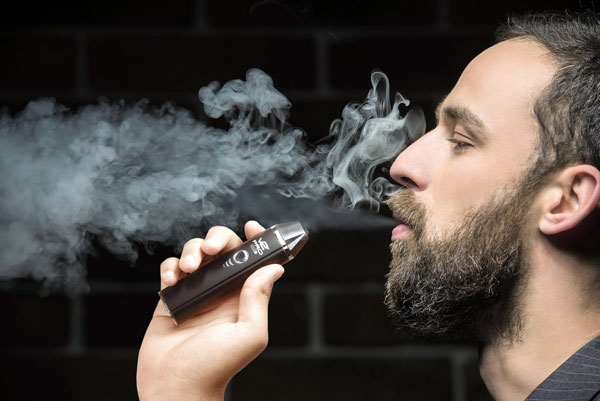The Chinese city of Shenzhen is to strengthen its regulations on tobacco smoking in public places, according to a story in The China Daily citing a Nanfang Daily report.
The change in direction has been made necessary because the city authorities have reportedly run into problems in implementing their original regulations.
The problems apparently arose in the form of difficulties with law enforcement and evidence collection, complex punishment procedures and excessive fines.
Since the implementation of tobacco smoking regulations in Shenzhen on March 1, 2014, the authorities have raked in 3.745 million yuan in fines, comprising 3.325 million yuan in fines on smokers and 420,000 yuan in fines on venues.
Deputies of the Shenzhen People’s Congress on January 18 proposed that Shenzhen should revise its policy on tobacco smoking in public places to make the regulations more practical.
The revised draft of the Regulation on Smoking Control expands the definition of smoking to include the use of electronic cigarettes and other lit tobacco products.
It expands the scope of smoke-free areas, which now include outdoor queuing areas for public transport, such as buses, coaches, taxis, subways, ships and civil aircraft. Smoking is prohibited also within five meters of subway entrances and exits.
And it stipulates that no tobacco products are to be sold within 100 meters of kindergartens, primary and secondary schools, and children’s activity centers.









